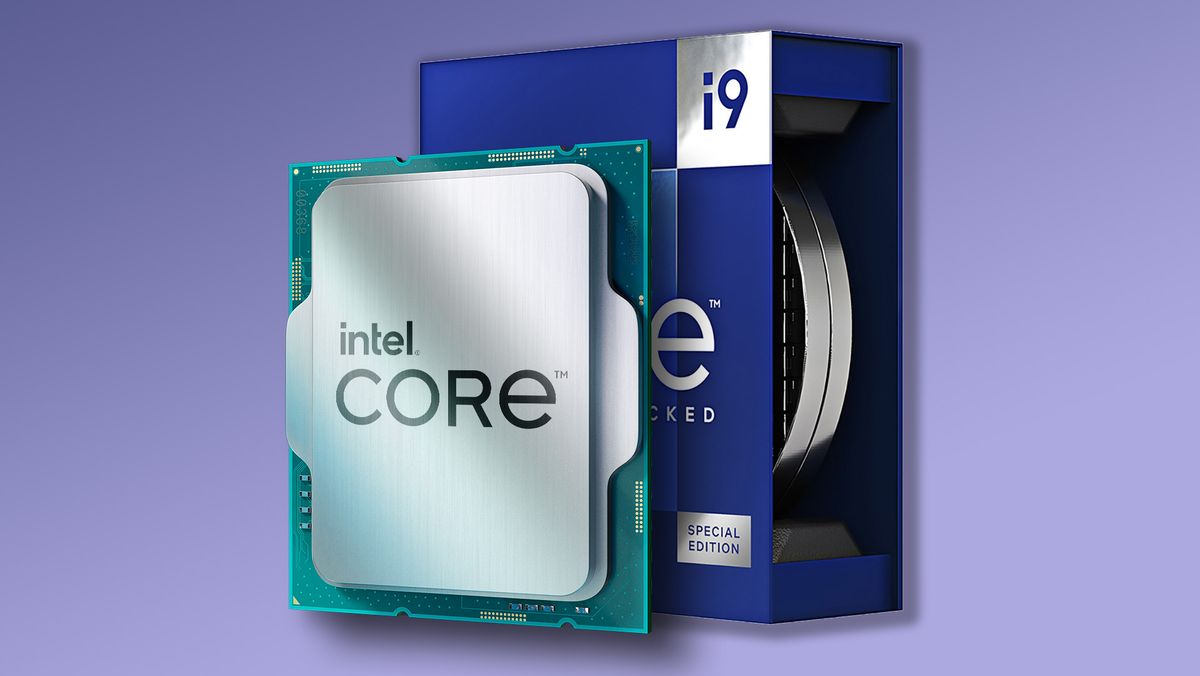Intel Arrow Lake CPUs arrive on October 17th

Recent rumors now indicate that the launch of Intel's next-generation Arrow Lake desktop processors will take place in the early fourth quarter, instead of earlier speculation of a delay to later in the quarter.
VideoCardz has picked up the news, with the source listed as Board Channels in China (which we consider a reasonable source of rumours, though should be viewed with a bit more caution than usual).
We're told that Intel's new Z890 motherboards and Core Ultra 200K (Arrow Lake 'K' series, meaning unlocked processors that can be overclocked) will be released on October 17th, followed by a previously rumored launch a week before. That would be a quick progression from launch to store shelves, but that's not unusual, and it's obviously good news for those eager to get their hands on an Arrow Lake desktop chip.
According to rumors, Intel will have only three CPUs available initially, but they will be the key models - the flagship chip Core Ultra 9 285K, along with the mid-range Core Ultra 7 265K and Core Ultra 5 245K. (There may also be 'KF' variants of the latter two - the same chips but without integrated graphics).
More Arrow Lake desktop processors of the non-K variety (which cannot be overclocked) will follow in Q1 2025, the rumor mill believes - along with cheaper 800-series motherboards. Not too long ago, the rumor mill started worrying that Intel's Arrow Lake chips wouldn't be here until very late 2024, but this is further evidence - in addition to other recent rumors - that Team Blue is on track for an early, not late , Q4 launch. That's good to hear, and it's important for Intel to respond again to the launch of Ryzen 9000 CPUs (which appeared earlier this month).
In fact, if Team Blue can do it in under two months and Arrow Lake turns out to offer the performance that some performance predictions have suggested, it could be a win for Intel, as the Ryzen 9000 has been a bit of a disappointment so far. Intel's problem, however, is that it has to fight not only a battle of performance against AMD, but also a conflict on another front - the rebuilding of consumer confidence due to the stability problems that have plagued its 13th and 14th generation CPUs' is.
This has a real risk of overshadowing the launch of Arrow Lake if Intel doesn't resolve these issues to the full satisfaction of buyers - although Intel's next-gen CPUs don't suffer from the same issues, and of course they shouldn't (it would be a disaster for Intel if they did).
Anyway, there's no denying that things are looking more positive for Arrow Lake's arrival time, although as usual we shouldn't put too much stock in the rumours, even when they back each other up.
Latest processor - cpu
-
31 Octprocessor - cpu
-
16 Sepprocessor - cpu
AMD Ryzen AI 7 PRO 360 spotted
-
04 Sepprocessor - cpu
Intel scores big AI chip customer
-
04 Sepprocessor - cpu
Exclusively-Intel manufacturing store drawers
-
29 Augprocessor - cpu
Big performance boost for Ryzen CPUs
-
28 Augprocessor - cpu
Intel shares could fall in battle with TSMC and NV
-
28 Augprocessor - cpu
AMD is claimed to have been hacked
-
27 Augprocessor - cpu
Intel presents Lunar Lake, Xeon 6, Guadi 3 chips
Most read processor - cpu
Latest processor - cpu
-
31 Octprocessor - cpu
AMD will launch the Ryzen 7 9800X3D on November 7
-
16 Sepprocessor - cpu
AMD Ryzen AI 7 PRO 360 spotted
-
04 Sepprocessor - cpu
Intel scores big AI chip customer
-
04 Sepprocessor - cpu
Exclusively-Intel manufacturing store drawers
-
29 Augprocessor - cpu
Big performance boost for Ryzen CPUs
-
28 Augprocessor - cpu
Intel shares could fall in battle with TSMC and NV
-
28 Augprocessor - cpu
AMD is claimed to have been hacked
-
27 Augprocessor - cpu
Intel presents Lunar Lake, Xeon 6, Guadi 3 chips






